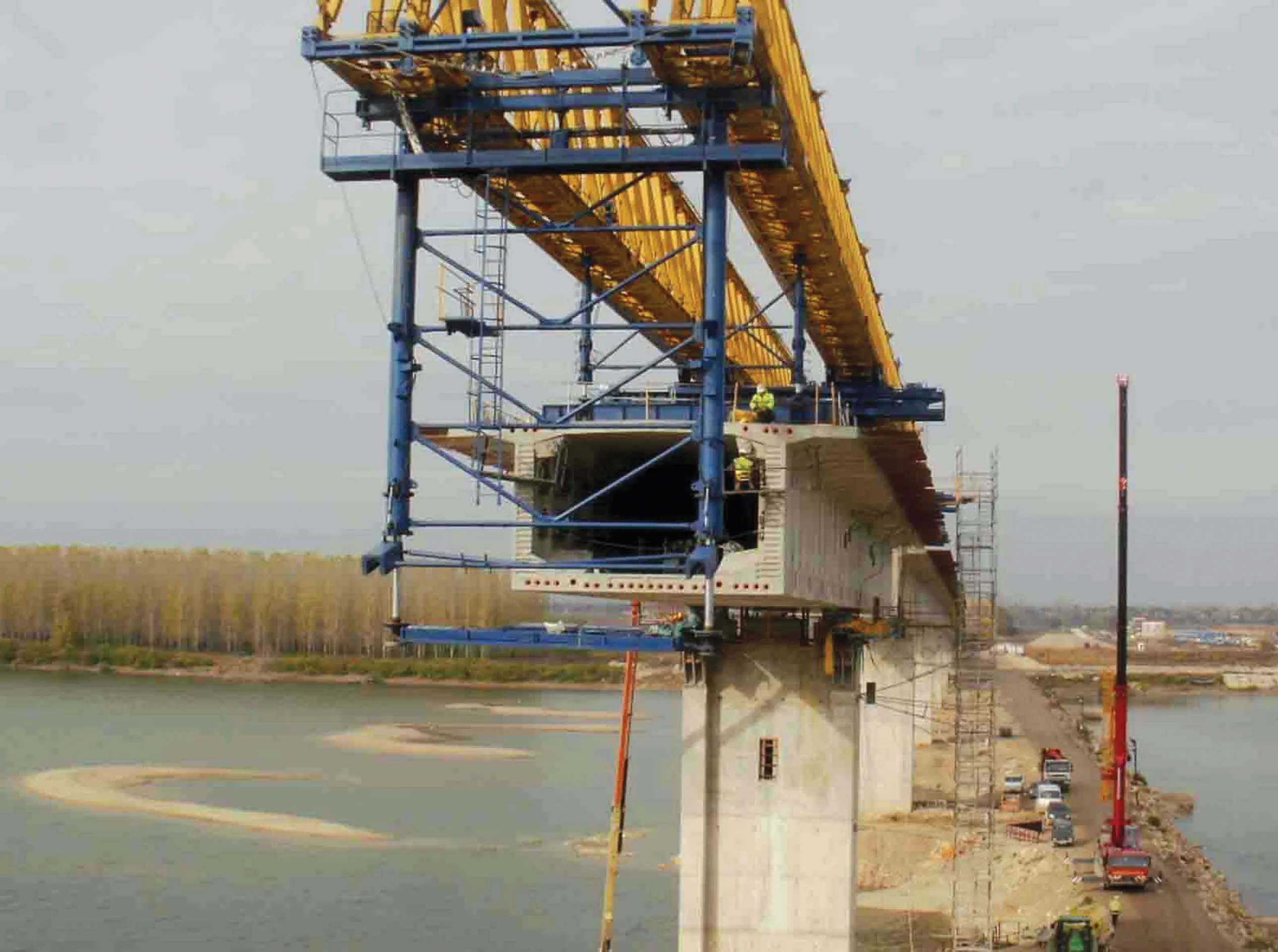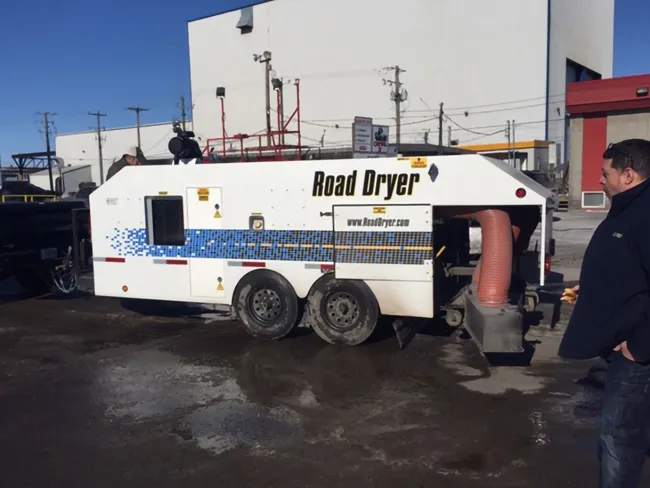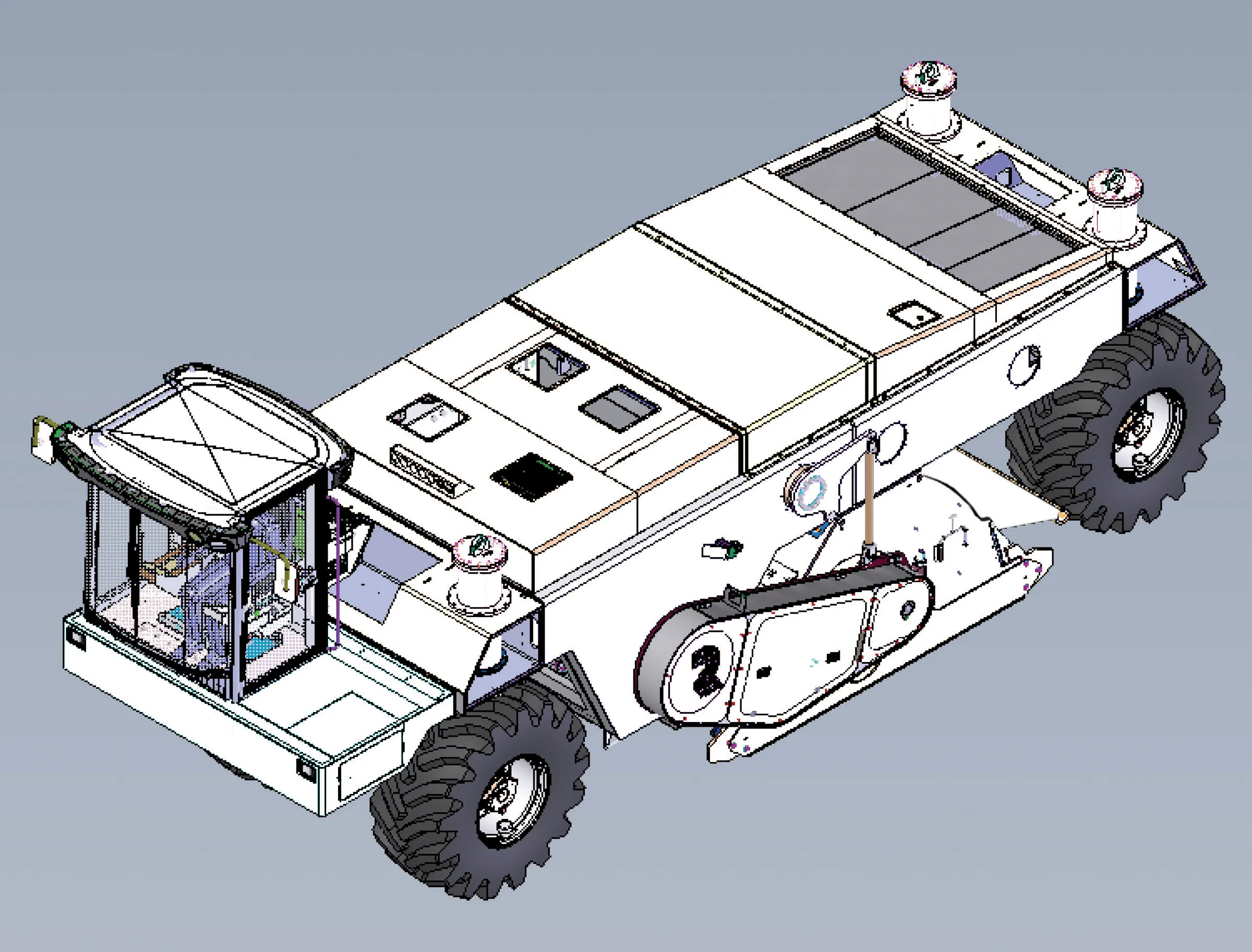
LafargeHolcim has been awarded infrastructure contracts worth more than US$73.5 million as part of a major Highway 1 improvement project in Vancouver, Canada.
Highway 1 – also called the TransCanada Highway – is a vital economic link for many local, regional and provincial towns and cities across the country, from the Atlantic to Pacific coasts.
For the work in the Vancouver area, LafargeHolcim will be the prime contractor as awarded by the Ministry of Transportation and Infrastructure for the province of British Columbia. LafargeHolcim will be offering an integrated solution for one of the most sustainable road projects in Canada, said René Thibault, region head North America for the company.
Recycled aggregates that are produced by turning construction and demolition waste into new materials will prevent more than 200,000 tonnes of waste from ending up as landfill. Durability of the concrete will be ensured by adding cementitious material. To further improve quality and reliability, LafargeHolcim also uses sensors within the structural walls of the interchanges which monitor the complete concrete pour. The use of these sensors further reduces construction time thanks to improved formwork stripping.
By using its maritime logistics network in the area, LafargeHolcim said it will moved material to site by river barge in order to limit truck movement s and cut down on emissions.
The project is expected to be completed in 2021.
LafargeHolcim, based in Switzerland, employs around 80,000 in 80 countries, including 6,000people across 350 sites in Canada. The company’s global portfolio includes aggregates, asphalt and paving, cement, contracting, precast concrete and ready-mix concrete.









